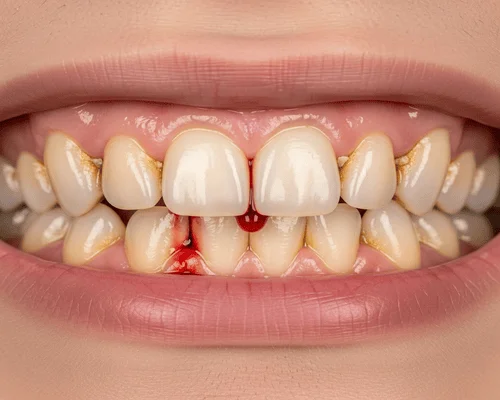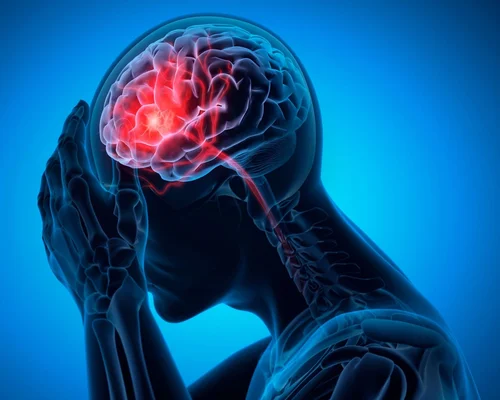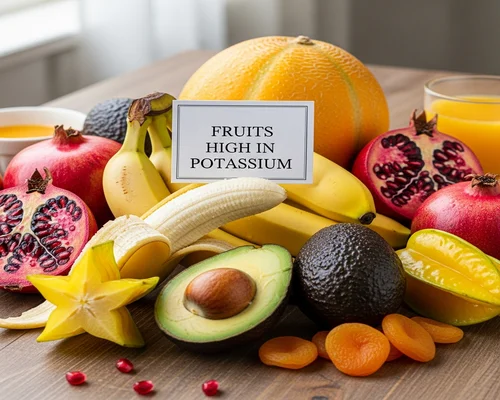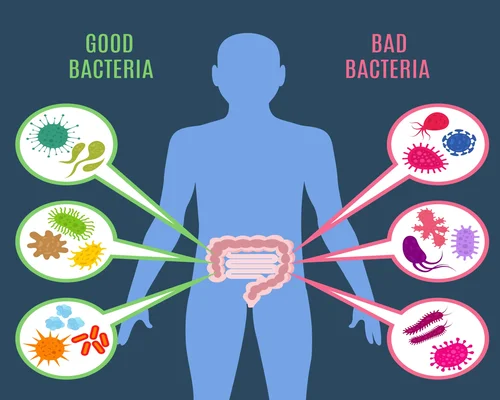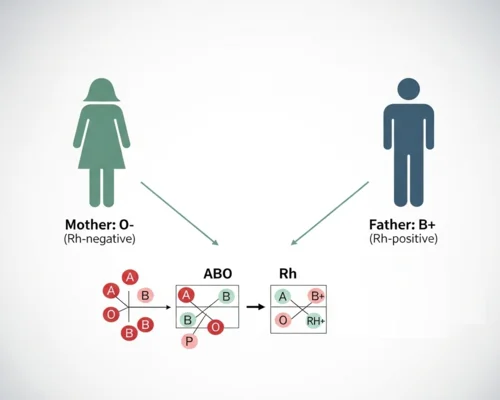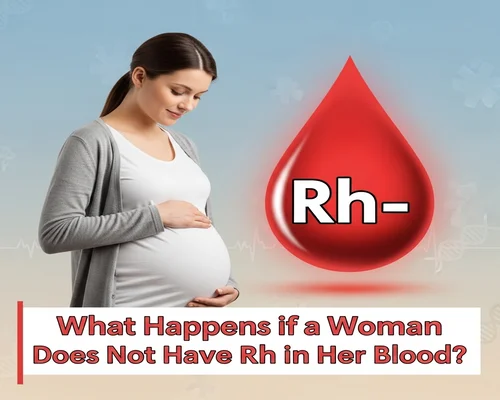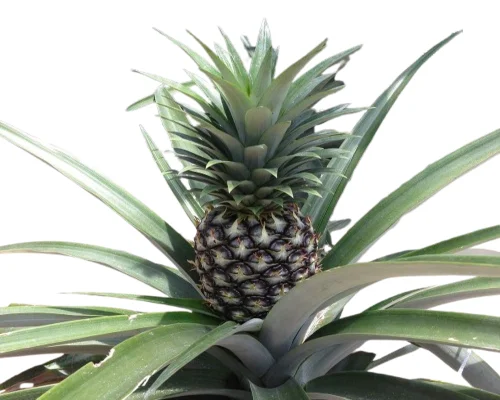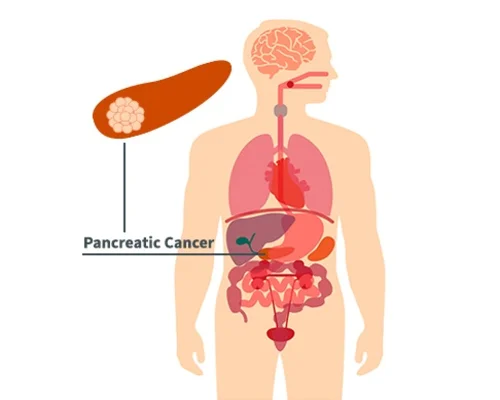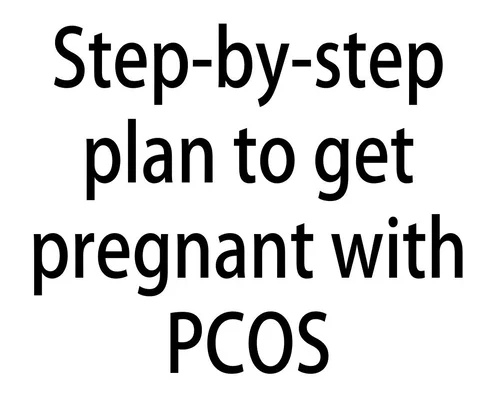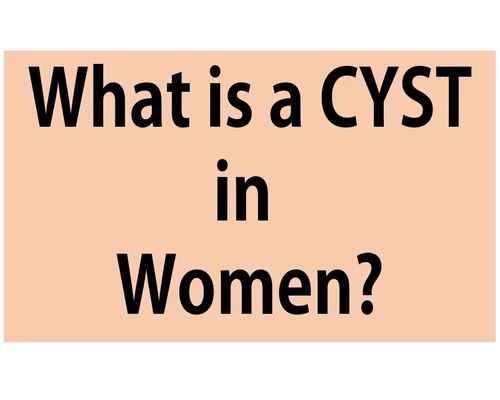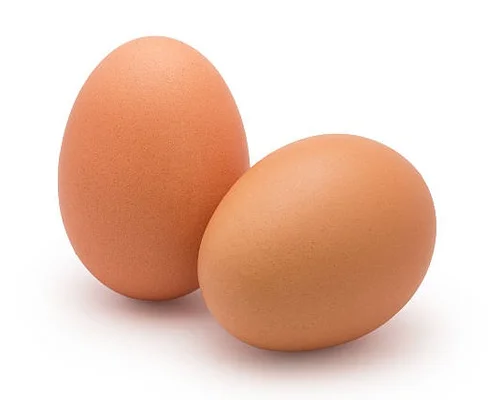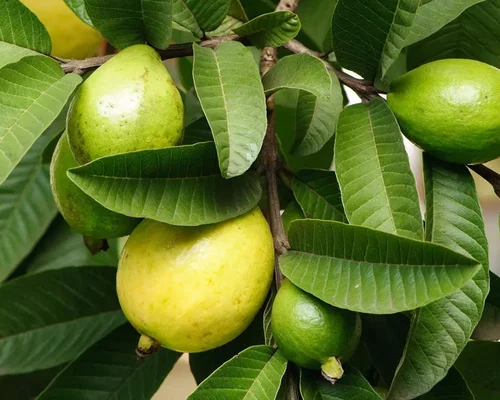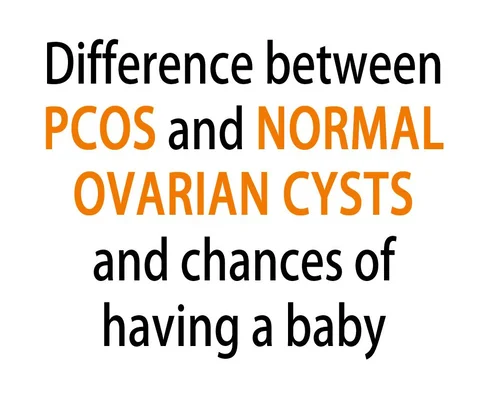
Difference between PCOS and NORMAL OVARIAN CYSTS and chances of having a baby
Difference between PCOS and NORMAL OVARIAN CYSTS and chances of having a baby
PCOS vs NORMAL OVARIAN CYSTS
PCOS (Polycystic Ovary Syndrome)
Definition: Multiple small cysts in the ovaries and hormonal imbalance
Cause: Hormonal imbalance (insulin resistance, high androgens)
Symptoms: Irregular menstruation, acne, excess hair, weight gain
Risks: Long-term diabetes, hormonal problems, infertility
Fertility/childhood: Ovulation is not regular → there may be problems conceiving a child
Treatment: Lifestyle changes (weight loss, exercise), hormonal drugs, fertility treatment if necessary
Functional ovarian cysts
Definition: Small cysts formed during the process of releasing an egg during the menstrual cycle
Cause: Part of the natural process, not a major hormonal problem
Symptoms: Most of the time there are no symptoms, sometimes mild Pain
Risks: Usually no major risks
Fertility/Childhood: Usually does not cause problems with pregnancy; cysts break down on their own
Treatment: No treatment required, just regular checkups; surgery if very large
What is usually seen on an ultrasound report
Uterus: Size, shape, how thick or thin the inner lining (Endometrium) is.
Ovaries: Size, whether there are follicles or cysts.
Endometrium: This is important for pregnancy. Thickening and thinning changes according to the time of menstruation.
Cervix: Whether there are any abnormalities.
Summary
PCOS → May reduce the chances of having children, but it is possible to become a mother with proper treatment.
Common ovarian cysts → Usually not harmful, do not interfere with having children.




-vegetable.webp)
